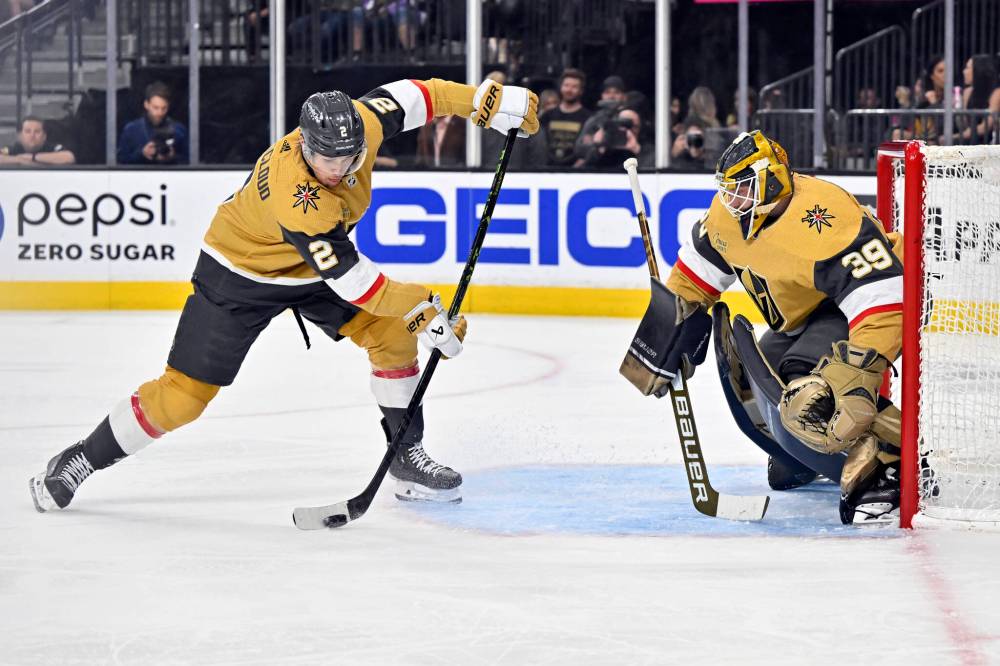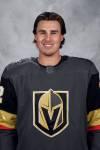Leading by dignified example, living up to cherished family name
Read this article for free:
or
Already have an account? Log in here »
To continue reading, please subscribe:
Monthly Digital Subscription
$0 for the first 4 weeks*
- Enjoy unlimited reading on winnipegfreepress.com
- Read the E-Edition, our digital replica newspaper
- Access News Break, our award-winning app
- Play interactive puzzles
*No charge for 4 weeks then price increases to the regular rate of $19.00 plus GST every four weeks. Offer available to new and qualified returning subscribers only. Cancel any time.
Monthly Digital Subscription
$4.75/week*
- Enjoy unlimited reading on winnipegfreepress.com
- Read the E-Edition, our digital replica newspaper
- Access News Break, our award-winning app
- Play interactive puzzles
*Billed as $19 plus GST every four weeks. Cancel any time.
To continue reading, please subscribe:
Add Free Press access to your Brandon Sun subscription for only an additional
$1 for the first 4 weeks*
*Your next subscription payment will increase by $1.00 and you will be charged $16.99 plus GST for four weeks. After four weeks, your payment will increase to $23.99 plus GST every four weeks.
Read unlimited articles for free today:
or
Already have an account? Log in here »
Hey there, time traveller!
This article was published 12/05/2023 (937 days ago), so information in it may no longer be current.
Any Indigenous person with a traditional name is used to having it misused.
I’ve had my Anishinaabe name, Niigaanwewidam, mangled, minced and misspoken so many times over the years it’s just easier to use the first half “Niigaan” and save the full version for ceremonies and community.
Growing up, I just used James.
It’s not much fun having to tell your origin story every time someone sees your name. When teachers, colleagues or new acquaintances confusingly ask “Where does THAT name come from?” your explanation is often met with questions, confusion or even contempt.
Sometimes it’s hard not to get annoyed and angry, so some days the path of least resistance is better.
It’s not that Indigenous peoples aren’t proud of our traditional names; it’s just that we are taught to protect, honour and celebrate them, so we use them strategically.
One time, after explaining my name is Indigenous, I once had a U.S. border agent at the Winnipeg airport then say: “Well, what do YOU want to do on MY land, then?”
When teachers, colleagues or new acquaintances confusingly ask “Where does THAT name come from?” your explanation is often met with questions, confusion or even contempt.
Yeah, sometimes it’s better to just use James.
So, alongside probably every other Indigenous person alive, I was not surprised when ESPN SportsCenter anchor John Anderson made a joke about Vegas Golden Knights defenceman Zach Whitecloud’s name while showing highlights, including his goal, from Game 3 of the team’s second-round NHL playoffs series Monday night against the Edmonton Oilers.
“What kind of name is Whitecloud?” Anderson remarked during a video clip of the goal. “A great name if you’re a toilet paper.”
Anderson’s comments were quickly decried as insensitive and racist. Even Hollywood celebrities George Takei and Mark Ruffalo called him out on social media.
In a written statement, Anderson issued an apology to Whitecloud: “This is totally on me,” he wrote. “I sincerely apologize to Zach, the Golden Knights, their fans and everyone else for what I said. It’s my job to be prepared and know the backgrounds of the players and I blew it.”
Whitecloud, to his credit, didn’t pile on the hate but did something else.
Speaking with reporters Tuesday, he said: “I’m proud of my culture. I’m proud of where I come from and where I was raised, who I was raised by. I carry my grandfather’s last name, and nothing makes me more proud than to be able to do that. In our culture, we were raised to be the first ones to reach out and offer help, so that’s why I reached out to John this morning.”
Note I said “speaking” with reporters. No written statement here.
After stating he “accepted” Anderson’s apology, Whitecloud continued: “In our culture we’re raised to be the first ones to reach out and offer our help. That’s why I reached out to John this morning. And wanted to make sure that he understood that… I understood that people make mistakes, and he acknowledges that he’s willing, trying to move forward in the right direction and be better from it.”
Whitecloud’s words were called “generous,” “proud” and “emotional.”
It was much deeper than that.
Whitecloud’s family name has a long history in his home of Sioux Valley First Nation.
His father, Tim, is a band councillor — one of many Whitecloud leaders in his community. The name means to think, act and be like beings in the sky, looking at the “big picture” and leading without judgment or seeing differences such as race, gender and class.
To be a Whitecloud means to be a leader of all.
When Zach Whitecloud bravely spoke to international media, he was embodying his name.
He was thinking of not just an ESPN announcer but a world, watching him for his response.
He could have called Anderson a name, used him as an example of racism, or made a joke that Anderson is a brand of ugly shoes, silly kid pyjamas or (yes, look it up) a family company that makes toilet paper — but he didn’t.
Whitecloud, in that moment, showed what it means to “reach out and offer help.”
He showed what it means to make a mistake but how a mistake doesn’t define a person.
He demonstrated what it means to be a leader of all.
Whitecloud probably saved Anderson’s job. People have been fired for far less.
DAVID BECKER / ASSOCIATED PRESS FILES Vegas Golden Knights defenseman Zach Whitecloud (left) demonstrated what it means to be a leader of all.
Or perhaps not, making fun of Indigenous names has long been a part of North American culture.
In the end, someone losing their job wouldn’t really matter. There is always another Anderson, another racist joke and another apology.
There are fewer leaders.
This week Zach Whitecloud — one of our own sons and nephews from Manitoba — faced off against a challenge far bigger than the game of professional hockey.
He showed that his values birthed in Sioux Valley Dakota Nation can compete against the worst of this world.
He showed that anything can be defeated through love and leadership.
He showed what it means to carry a name.
niigaan.sinclair@freepress.mb.ca

Niigaan Sinclair is Anishinaabe and is a columnist at the Winnipeg Free Press.
Our newsroom depends on a growing audience of readers to power our journalism. If you are not a paid reader, please consider becoming a subscriber.
Our newsroom depends on its audience of readers to power our journalism. Thank you for your support.










